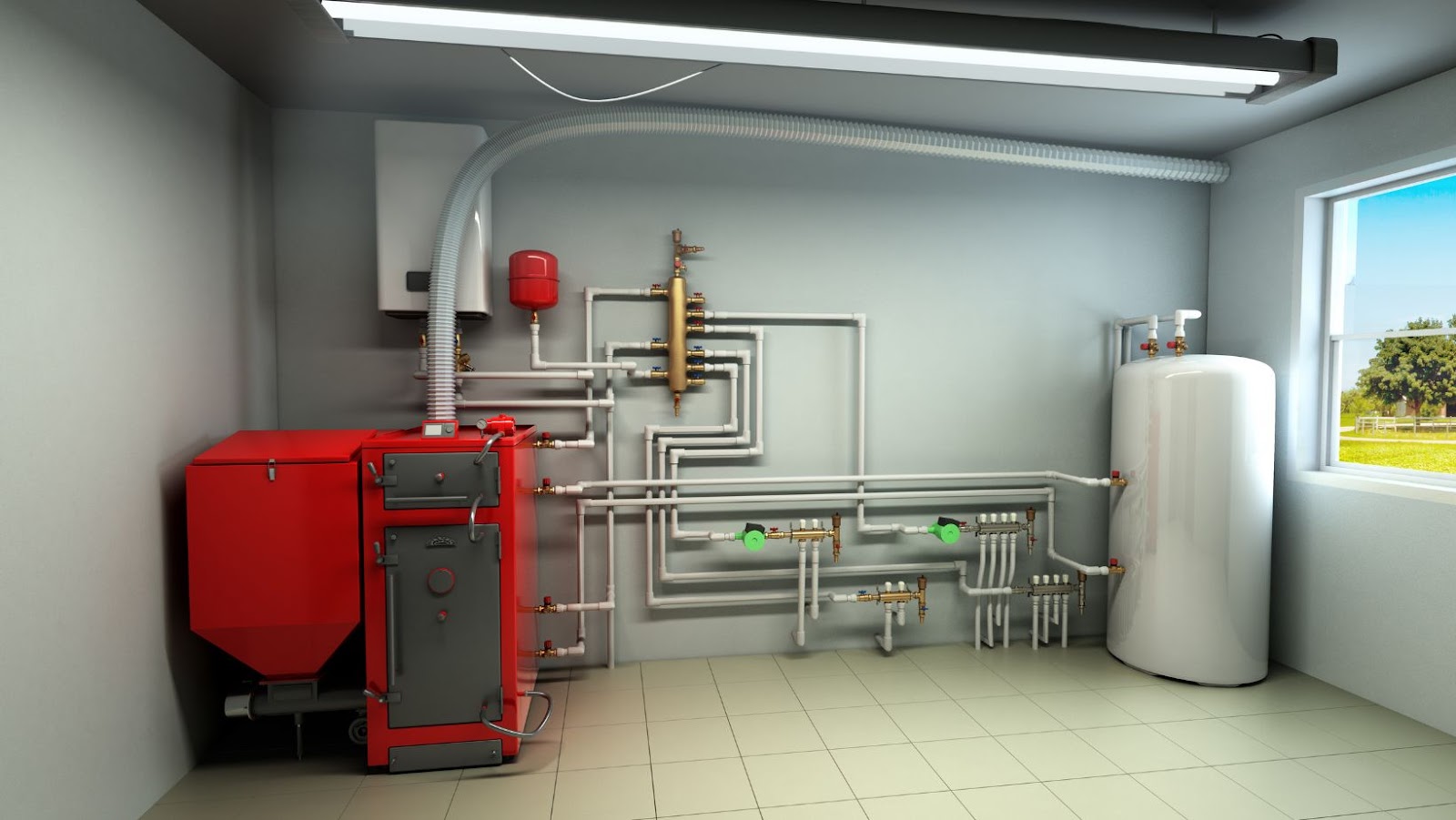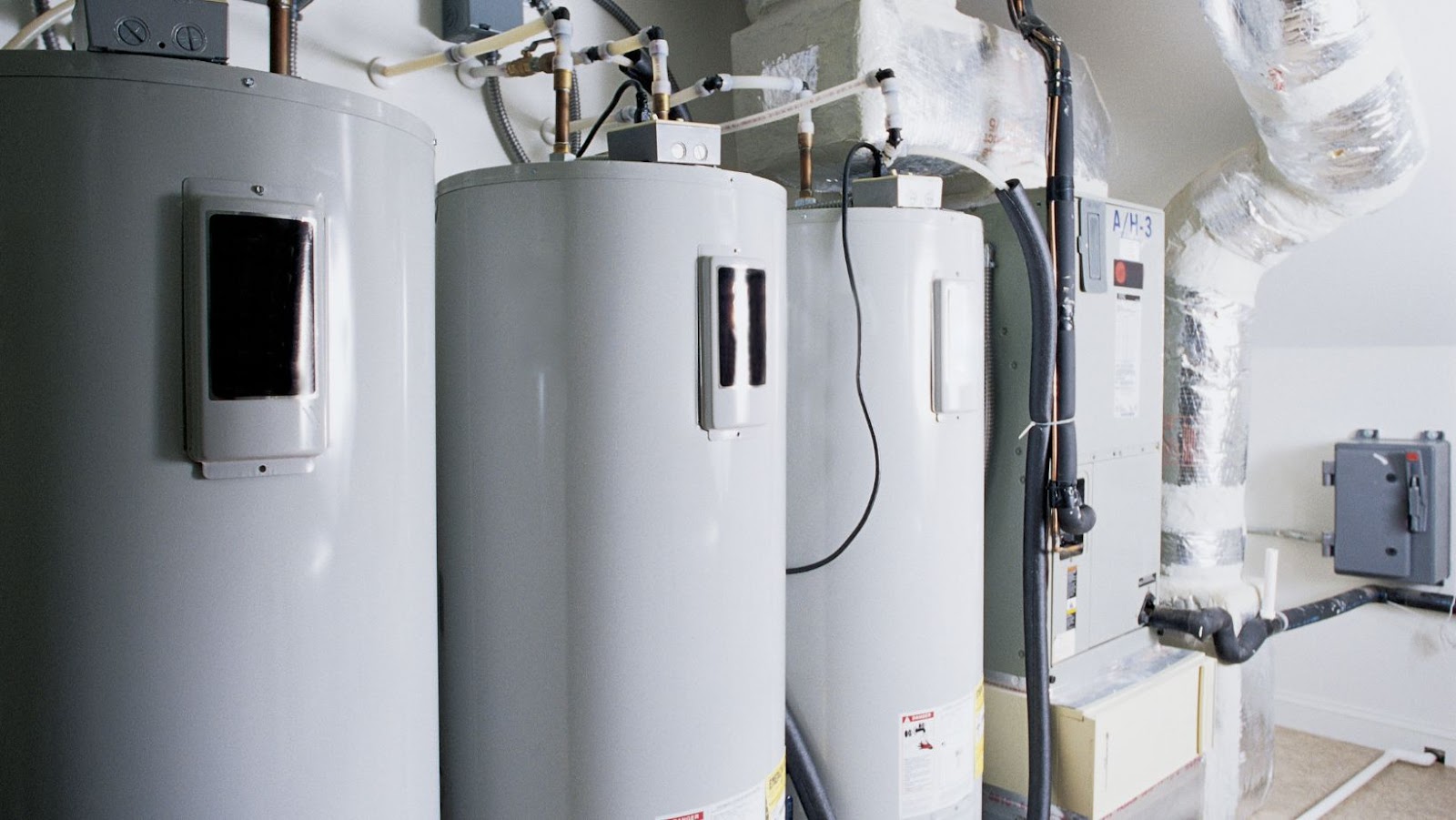Last Updated on June 28, 2024 by Nala Thorpe
Boilers are the unsung hero of the home. They provide precious heat and hot water but go overlooked until the worst happens. Everyone who owns and operates a hot water boiler should know about some of the common problems that can cause a boiler to stop working and what you can do to fix them.
A Leaking Boiler
Water leaks from a boiler are a common problem. Leaks can be frustrating, but they pose a danger to your home that you may underestimate. Water can cause damage to brickwork, plaster, and the wooden beams of ceilings or floorboards.
One small leak can cost thousands in house repairs, especially if it goes unaddressed for an extended period of time. This issue should be handled by a professional. There may be broken or damaged seals in the boiler itself or a water pressure problem that will need a qualified engineer to fix.
Leaky boilers often need to be replaced. Faulty parts or internal damage can often lead to a new boiler installation, which has some benefits. New boilers are highly energy efficient, which will help reduce your energy bills and help pay for your new boiler over time. The engineers at Bbright can assess your boiler and advise you on a new boiler installation that can cut your bills while heating your home.
There is a Hot Water, But No Heating
This is an incredibly common problem for many boilers, and houses all across the country experience this issue every day. There are a few reasons why this might happen, and it could be a simple fix.

The first thing you should do is check the settings on your boiler’s control panel. During the summer months, homeowners will often turn the central heating off as it is not needed. You may simply need to change this setting back to start heating your home again.
Your boiler may stop heating your home if any air is trapped in the system. Bleeding your radiators may help to clear the trapped air and get your boiler going again. If this does not work, you may need the help of a qualified engineer to look at your heating system and diagnose the problem.
The System is Under Low Pressure
All boilers need consistent water pressure to function. Without this pressure, the water pump in your boiler will struggle to distribute hot water, and therefore heat, around your home.

Your boiler should have a dial on its control panel or a digital readout that will display your boiler’s pressure level. The ideal level will vary a little between manufacturers, so check the information in your boiler’s handbook or on the internet, but it is typically 1.5 bar of pressure. If the pressure is less than this, your boiler will not function properly.
The boiler can be repressurized by adding more water to the system, and most boilers will have a water feed you can use to do this. The gauge or dial on your boiler will slowly increase as you add more, repressurizing the system.
Just knowing a few things about your boiler can save you time, money, and stress. Next time your home’s hot water boiler stops working, try one of these top tips.




